Above: Nineteenth century French trade cards showing a popular (mis)representation of writing practices and scripts used in different cultural settings. Image courtesy of Vaibhav Singh
THE CALL FOR PAPERS FOR THIS EVENT HAS CLOSED. TO SEE FULL SCHEDULE AND REGISTRATION, CLICK HERE.
Keynote speakers: Professor Ulrike Stark (University of Chicago); Dr Lucie Ryzova (University of Birmingham); Professor Robin Jeffrey (National University of Singapore); Graham Shaw (University of London)
In this conference, we seek to explore the plurality of engagements with, and interpretations of the printed and written word in various writing systems and artefacts; whether handwritten, lithographed, typographically printed, or digitally conjured. We invite both scholars and practitioners, broadly in the areas of design, printing, publishing, typography, print culture and book history, to bring critical perspectives and present fresh approaches to the study and discussion of the visual and material aspects of print in the diverse linguistic contexts of the world.
The global history of text-based communication constitutes a particularly exciting facet of material culture, given the myriad ways in which its production, transmission, and consumption has been (and continues to be) accomplished across cultural and political boundaries. However, a critical engagement with script and print outside the western world has remained relatively limited despite a burgeoning interest in the interrelated areas of printing, publishing, design, and type history. Studies of the ‘global’ and ‘regional’ cultures of print have tended to accommodate summary accounts and generalisations in relation to the material production of text in different languages and scripts, most commonly grouped under the term ‘non-Latin’. The time is long overdue for these narratives to expand, and address the rich variation and particularity of global practices.
THEMES:
• Print, manuscript, and material culture from around the world;
• Global and transnational histories of printing, publishing, technology, typography and type design;
• Cultural and political dynamics in the visual/material representation of scripts and languages;
• Social, political, and economic aspects shaping printing and publishing practices;
• Networks and exchanges between or within print and manuscript communities: Including but not limited to business, cultural, educational, and literary aspects;
• Connections and interactions between various actors and entities: Including but not limited to, artists, designers, linguists, manufacturers, readers, scholars, technologists, users, assembly/production-line workers;
• Perspectives on technological change in the history of design, printing, technology, and typography: Including but not limited to innovation, adaptation, resistance, and use;
• Forms, formats, and usage of documents and publications composed in global scripts: Including substrates besides paper; letters on stones, wood, fabric, ceramics, or digital media;
VENUE: Faculty of Arts, Design & Media, Birmingham City University, UK.
DATES: Thursday 28 – Friday 29 June 2018
SPONSORS: Bibliographical Society

